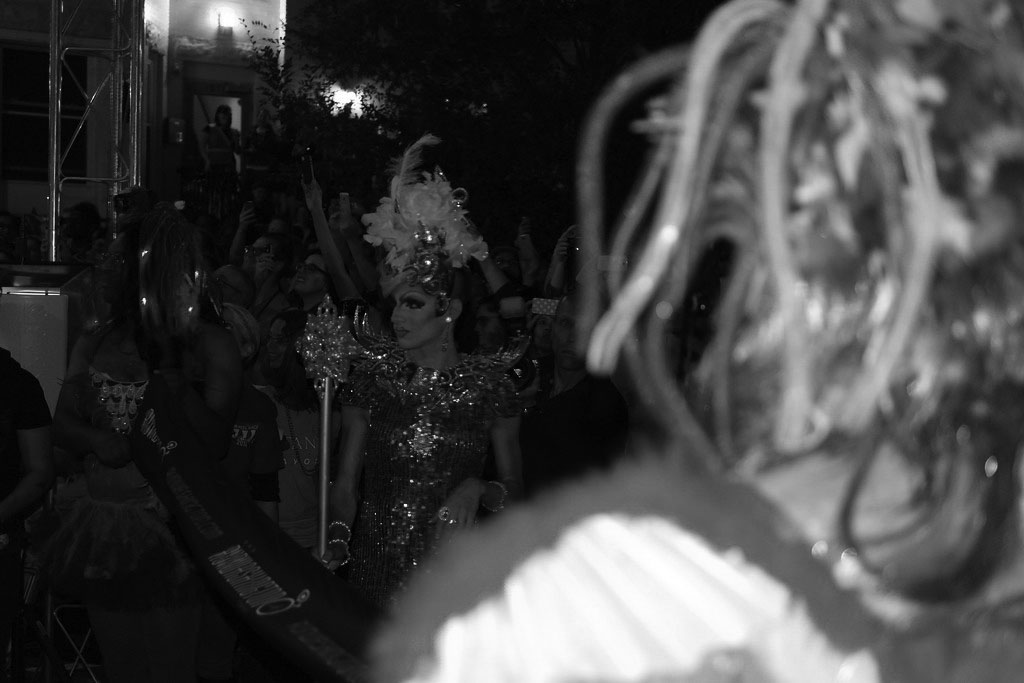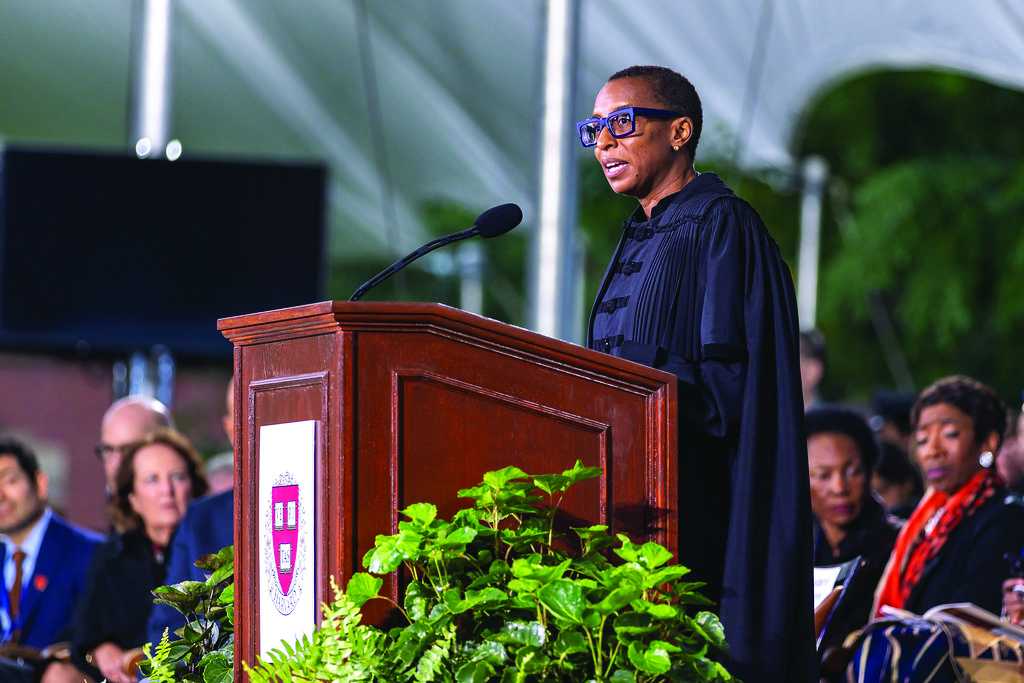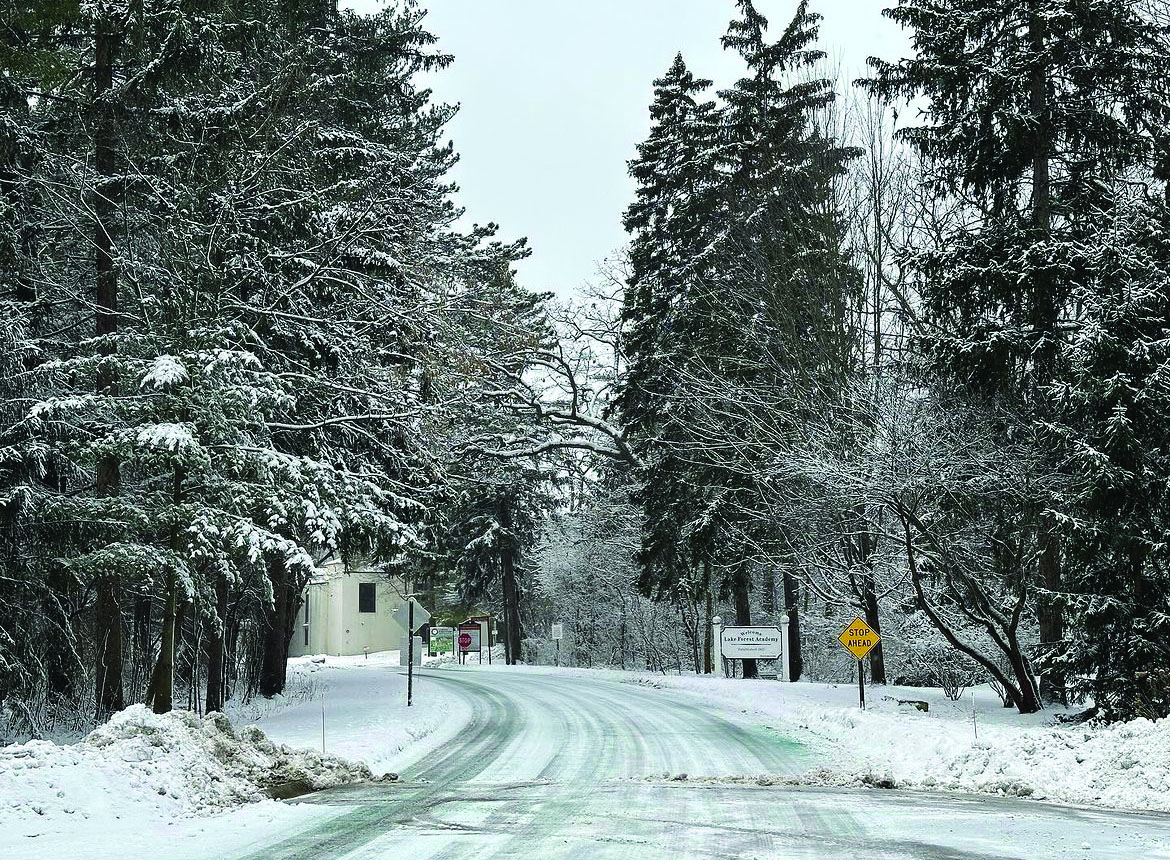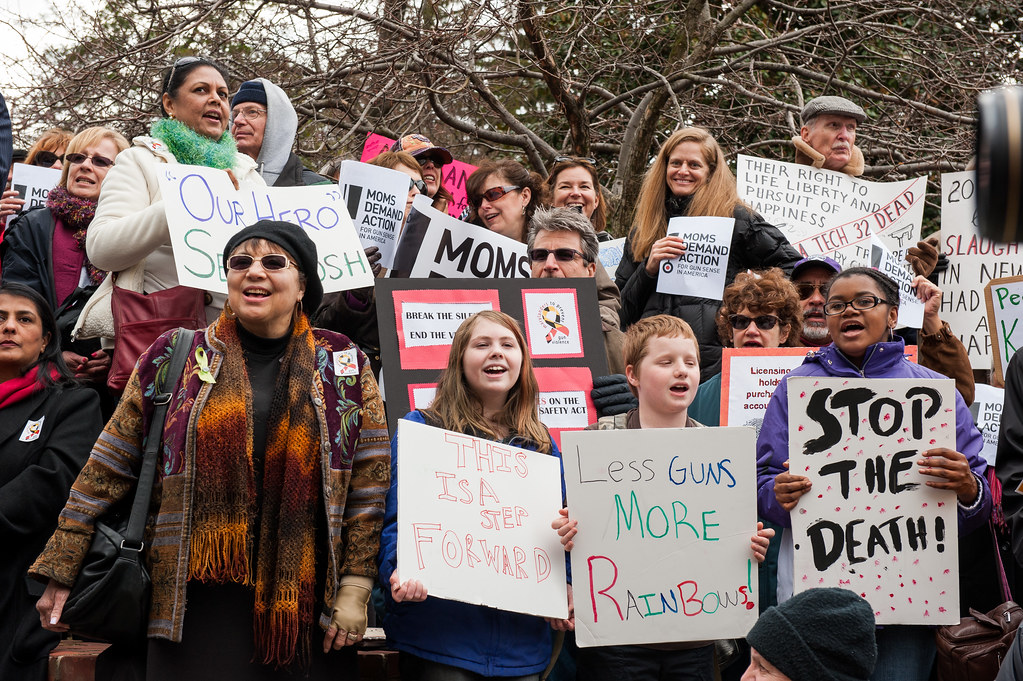On September 26, 2023, federal judge David Hittner struck down a Texas law banning drag performances, claiming that it was unconstitutional and such bans infringed on the First Amendment.
The original ban on drag performance, based on the Senate Bill 12 issued by the Republican State Senate Bryan Hughes, claimed to protect children from sexually orientated performances. After hearing the ruling from the Federal Court, the Texas Attorney Office said that they would continue to appeal even to the Supreme Court.
Though Texas is still considering to defend S.B.12 the Supreme Court, so far the has been a huge victory embraced by LGBTQ+ community—the ruling validated their freedom of expression. Brignitte Bandit, one of the plaintiffs on this lawsuit and also an Austin-based drag performer, stated that she was relieved and grateful for this ruling: “My livelihood and community has seen enough hatred and harm from our elected officials. This decision is a much needed reminder that queer Texans belong and we deserve to be heard by our lawmakers.”
Drag’s earliest presentation could be traced back to the Shakespearean age, where men dressed up in theaters to play the role of female characters. By the early 20th century, drag balls were considered illegal and a social taboo to the outside world, but continued to exist as an important secret tunnel to the creation and maintenance of underground queer subculture. Since the Harlem Renaissance, [drag] has gained more public visibility; gradually, it has become viewed not only as a liberation and autonomy of one’s own body and desire but also a complex and nuanced de-construct in which societal bounds and differences in social status could be forgotten.
Outcasted, marginalized, yet never exhausted. The 1990s documentary film Paris is Burning documented the drag culture interwoven by black, latino, gay, and transgender communities. The camera captured the dazzling participants in the ballroom, putting on the most prodigious, extravagant gowns, fiercely dominating the dance floor. As one interviewee said, “In real life you can’t get a job as an executive unless you have the educational background and the opportunity…In a ballroom you can be anything you want. You’re not really an executive but you’re looking like an executive. You’re showing the straight world that I can be an executive if I had the opportunity because I can look like one, and that is like a fulfillment.”
In the winding history of being misinterpreted, misunderstood, and falsely criminalized, drag queens are not the issue. “I think politicians know that it’s wrong to hate people biasedly, and they use children as a means to unify people because people all believe children are innocent and should all be protected from harm,” commented Jessica Kapadia, Department Chair of History & Social Sciences. Essentially, it is the political rhetoric that assumes the relation in dragging and forbidden homosexuality, explicit sexual innuendo, or harm to children.
Drag, like any other common public occurrences, post no harm yet was a constant subject of criminalization. Just as the ruling invalidating Texas’s ban on drag reads: “Drag shows express a litany of emotions and purposes, from humor and pure entertainment to social commentary on gender roles.”












